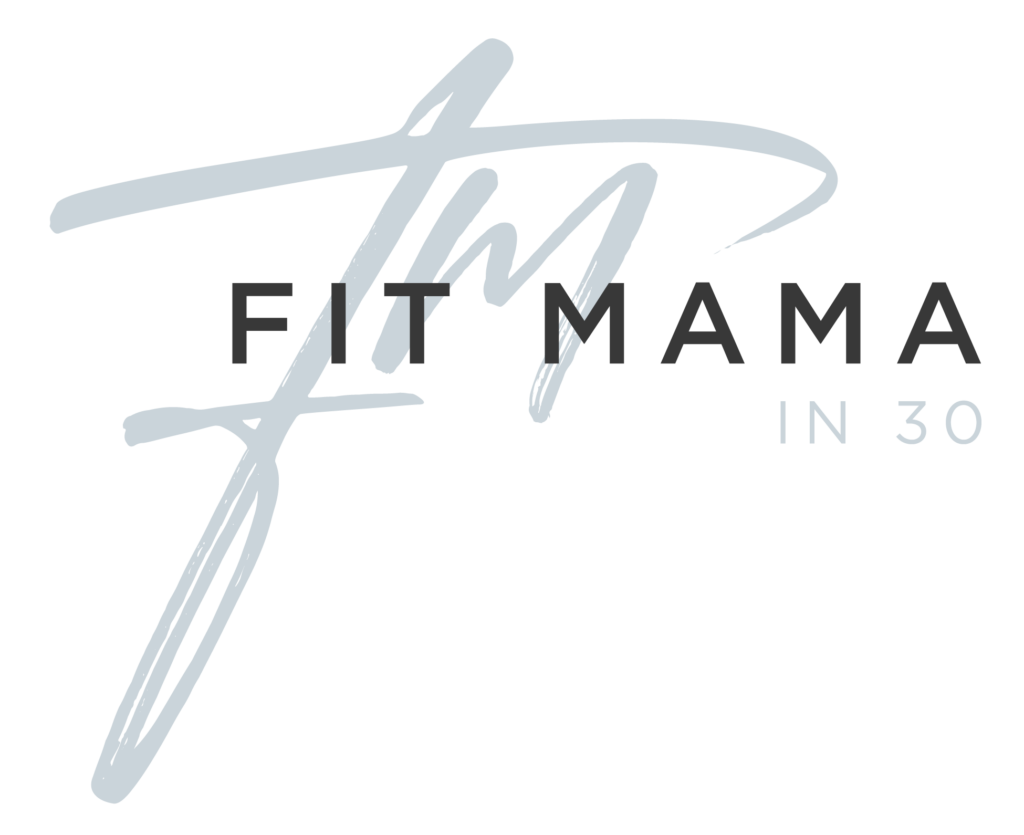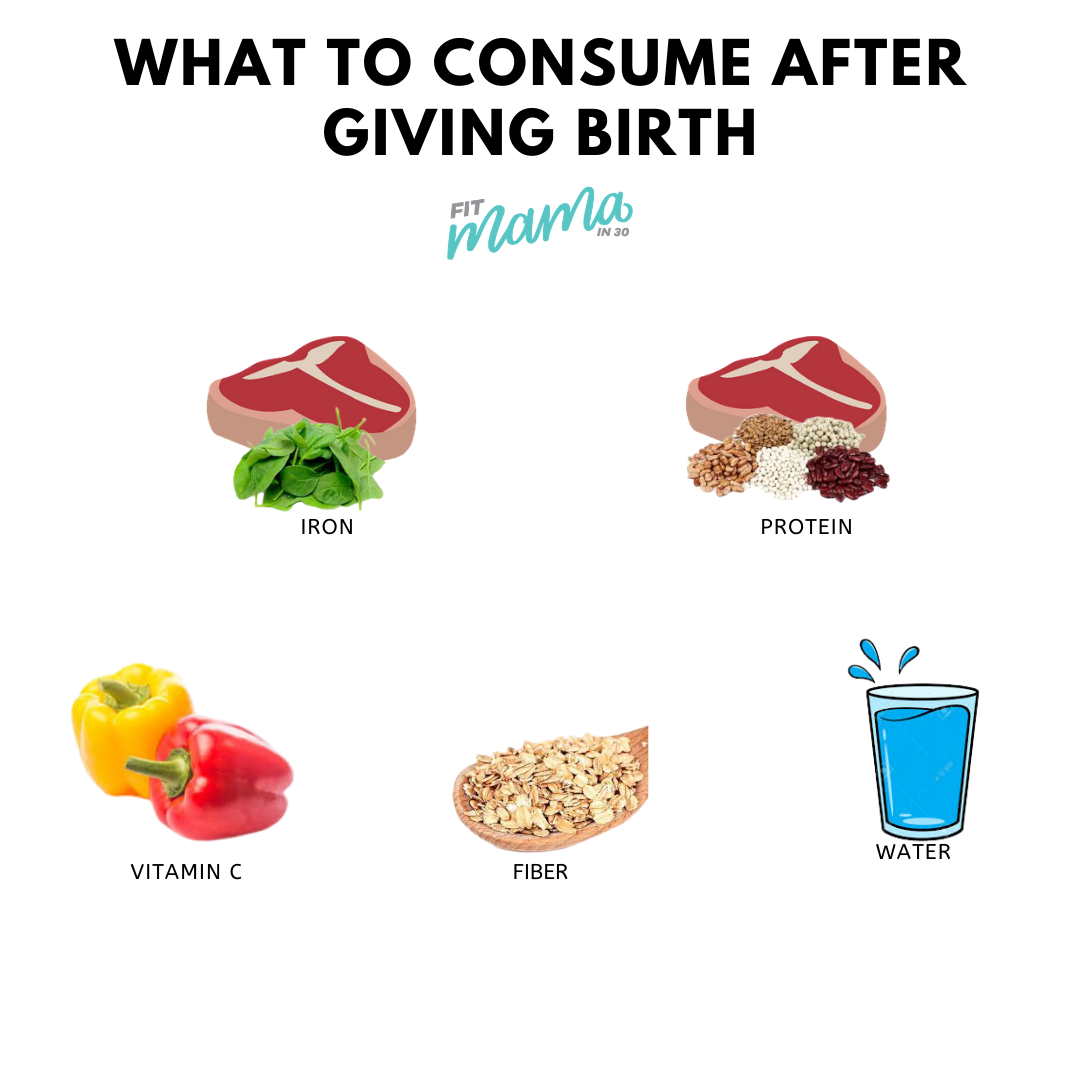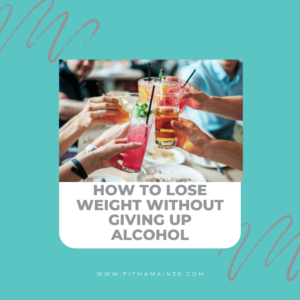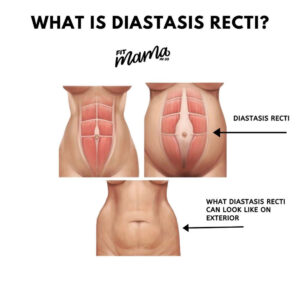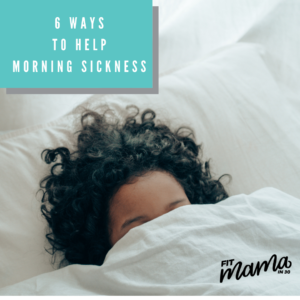your guide to a safe, healthy & speedy recovery after labor
Giving birth is no joke – that’s why we say ‘it’s called labor for a reason!’ As a new mom, you might be feeling a lot of different emotions and trust us – they are all natural and perfectly OK.
Whether you are itching to bounce back or simply wanting to heal, days 3-5 immediately after giving birth are a prime opportunity to do just that by practicing some of these methods for recovering after labor.
Before you consider diving straight into a workout program or getting antsy about your post-pregnancy body, we recommend starting with the easiest of all: Diet & Proper Nutrition
Did you know that diet & nutrition can help you speed up recovery?
Postpartum nutrition…it’s a thing! Whether you are planning to have a vaginal birth or a c-section, your body will go through some trauma during delivery. There are key nutrients that you will want to consume 3-5 days post baby that can help speed up your healing after birth and increase your energy levels so you can be the best mama to your new baby!
5 nutrients your body needs after labor and how to get them into your body
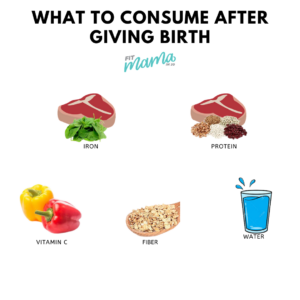
- Iron
Iron is an essential element for blood production making it an important nutrient to consume after giving birth. During birth there will be some blood loss and iron can help replenish those red blood cells. It is recommended to consume 27 mg of iron per day during pregnancy and the same amount for the first 3-5 days after giving birth. The amount decreases to 9 mg of iron per day during breastfeeding, and 18 mg per day if you are not breastfeeding. Some iron-rich foods include: beef, leafy greens, beans, legumes, and iron fortified cereals.
Data from Otten JJ, Pitzi Hellwig J, Meyers LD, Editors. Dietary reference intakes. The essential guide to nutrient requirements. Washington, DC: National Academies Press; 2006.
Check out our Red Lentil Tacos for a great recipe to give you your iron needs!
- Vitamin C
Vitamin C has multiple benefits after giving birth. Not only does it help with postpartum healing, it can also help iron absorb better throughout your body. This is actually very important for mamas who are vegetarian or vegan. If you are vegetarian or vegan make sure to pair your iron-rich foods with vitamin C.
For example: If you are eating a leafy green salad, add some red bell pepper or lemon juice to it to help increase your iron absorption. Vitamin C has also been shown to aid in wound healing by increasing the production of collagen. This is helpful for those who may have tearing or surgical incisions from a c-section. During pregnancy it is recommended to consume 85 mg of vitamin C per day and 120 mg if you are breastfeeding.
BR J Community Nurs. 2013 Dec;Suppl:S6, S8-11.doi: 10.12968/bjcn.2013.18.sup12.s6.
Check out Southwest Quinoa Salad for a great recipe to give you your
vitamin C needs.
- Protein
Protein has many benefits when it comes to postpartum healing. Protein helps repair muscle tissues and helps promote collagen synthesis. This can be helpful for mamas who may have tearing or surgical incisions from a c-section to speed up the healing process. It is recommended to consume at least 75 mg of protein the first 3-5 days postpartum.
Check out Turkey Zucchini Meatballs for a great recipe to give you your protein needs.
Haas, Amy V. (1995). Nutrition During Pregnancy. Having a Baby Today, Issue 5.
- Fiber
Anyone who has given birth before knows how scary it can be when you have to go to the bathroom for the first time. Many women have issues due to fluctuating hormones, sensitivities, and tearing.
Consuming fiber in your diet can help keep you regular, rebalance hormones, and stabilize blood sugar levels. According to the Academy of Nutrition and Dietetics it is recommended to consume at least 25 mg of fiber per day. Great sources of fiber include whole grains like: oats, fruits, vegetables, beans and legumes.
Check out Healthy Veggie Hash for a great recipe to give you your fiber needs.
- Water
During delivery your body is losing a lot of fluid so it is important to stay adequately hydrated. Aim for half your body weight in fluid ounces of water daily. For example: if you are 150 lbs/2=75 ounces of water daily.
Why your body needs sleep after labor
Your body has gone through labor, delivery, and many physical changes and it needs extra rest for healing. It might seem impossible with a new baby, but be sure to prioritize this after labor for optimal recovery.
Sleep lowers your metabolic rate and allows nutrients (like the ones listed above) and oxygen to be used for healing. During the newborn phase sleep is hard to come by! Try asking family and friends for help or create a schedule with your partner, anything to help you get a little more shut eye! Believe us, your body will thank you.
Looking for a post-pregnancy core recovery program?
If you are looking for a little more guidance on how to heal your core, pelvic floor, and body, make sure to check out our Postnatal and Core Recovery Courses.
Our Postnatal Course is designed for mamas who are newly postpartum through 1 year postpartum and our Core Recovery Course is designed for mamas who are more than 1 year postpartum. Both help you heal first, then get back to doing the things you love and enjoy!
Check out more info HERE!
